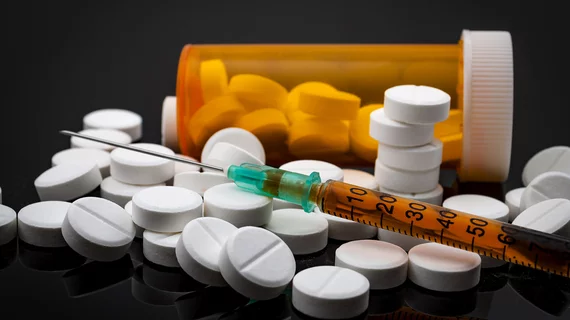Penn researchers want to know how opioids affect brain development via neuroimaging
Researchers from the University of Pennsylvania are working to develop a new MRI technique to better understand how opioid exposure impacts the brain development of young children.
Thanks to a $550,000 grant from the National Institutes of Health’s Helping to End Addiction Long-term (NIH HEAL) project, a pair of Penn researchers will scan 100 awake 3-5 year old children, comparing the quality of traditional MRI methods to those taken using a motion-correction technology. The latter, used in other NIH research, is particularly helpful when trying to image restless children, Dylan Tisdall, a researcher on the project, said in a Penn Today news story.
The study—currently in phase I—is part of a larger NIH initiative called the HEALthy Brain and Child Development Study, which has been following 10,000 children, many exposed to opioids before birth, from the day they were born until their 10th birthday.
“We’re excited to be able to bring in 100 kids, to try out these new technologies and potentially get new data,” Tisdall told Penn Today. “Hopefully, we can start to get some preliminary answers to the big scientific questions.”
Read the entire story below:

